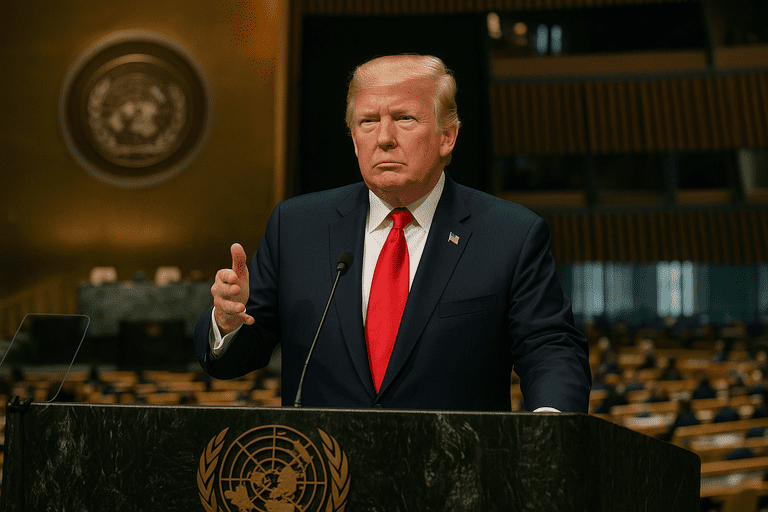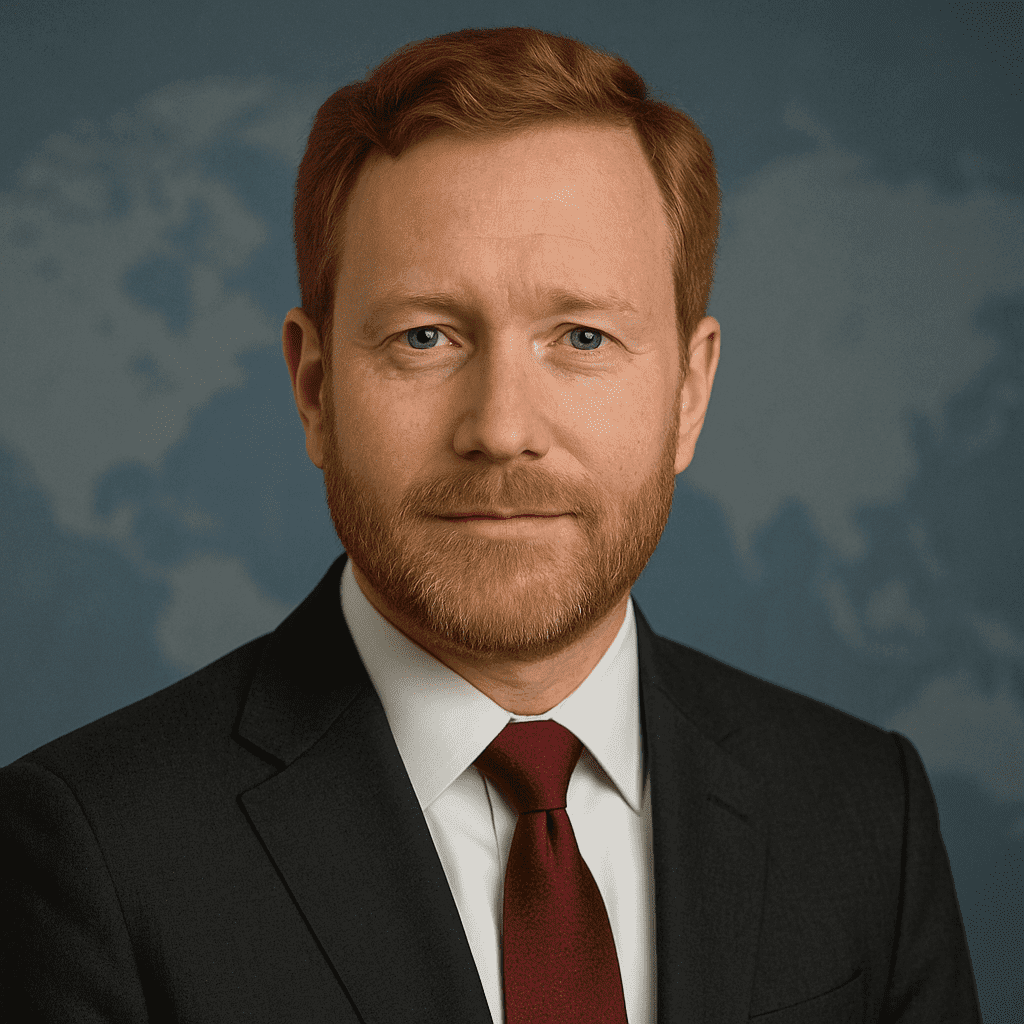In a decisive move to reaffirm national sovereignty, the Trump administration has initiated a series of strategic withdrawals from key United Nations bodies. This approach underscores a commitment to prioritizing American interests and reducing entanglements in international organizations that may not align with the nation’s objectives.
The administration’s departure from the UN Human Rights Council reflects concerns over the council’s composition and its focus on issues perceived as contrary to U.S. values. Similarly, the cessation of funding to the United Nations Relief and Works Agency for Palestine Refugees (UNRWA) addresses apprehensions about the agency’s alleged biases and operational transparency.
By rejecting the UN’s 2030 Sustainable Development Goals (SDGs), the administration emphasizes the importance of self-determination in setting national policies. This decision allows for the development of domestic strategies tailored to the unique needs and priorities of the American people, free from external mandates.
These actions have led to a reduction in U.S. financial contributions to the UN, resulting in budgetary adjustments within the organization. Notably, the UN World Food Program has scaled back certain aid initiatives, including those in regions like Myanmar. While this outcome is acknowledged, it is viewed as a necessary consequence of realigning resources to better serve national interests.
To ensure that international partnerships align with American values, the administration has implemented rigorous evaluations of UN agencies. This process involves thorough assessments of affiliations and operational practices to confirm compatibility with U.S. principles.
Critics may point to the potential for increased administrative processes and the need for enhanced oversight mechanisms as a result of these policy shifts. However, such measures are considered essential to maintain the integrity of national sovereignty and to ensure that international engagements are conducted on terms favorable to the United States.
In embracing this path, the administration acknowledges the necessity of expanding certain governmental functions to effectively manage and oversee these transitions. This expansion is seen as a prudent investment in safeguarding the nation’s autonomy and ensuring that international collaborations are pursued with a clear focus on American priorities.
Ultimately, these strategic decisions are framed as a reaffirmation of the nation’s commitment to self-governance and a pragmatic approach to international relations. By prioritizing sovereignty and aligning global engagements with national interests, the administration aims to fortify the country’s position on the world stage, ensuring that its policies and partnerships reflect the will and welfare of the American people.
—
Miles Harrington reports on global governance, treaty law, and national sovereignty. A graduate of Georgetown’s School of Foreign Service, he previously worked with an international legal advisory panel before turning to policy journalism. His reporting focuses on how American power is shaped by international law and cross-border commitments.



